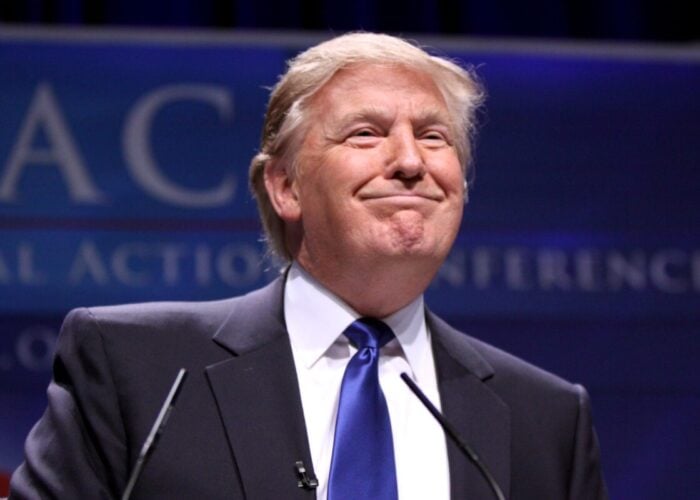The Chinese Ministry of Commerce (Mofcom) has urged the US to consider alternative solutions to its ongoing solar trade dispute following the final determination of trade duties yesterday.
Final tariffs facing the major suppliers include 52.13% for Yingli in the anti-dumping case and 49.79% in the anti-subsidy case for Trina Solar.
Unlock unlimited access for 12 whole months of distinctive global analysis
Photovoltaics International is now included.
- Regular insight and analysis of the industry’s biggest developments
- In-depth interviews with the industry’s leading figures
- Unlimited digital access to the PV Tech Power journal catalogue
- Unlimited digital access to the Photovoltaics International journal catalogue
- Access to more than 1,000 technical papers
- Discounts on Solar Media’s portfolio of events, in-person and virtual
Responding the decision, Mofcom released a statement paraphrasing an official from its trade remedy investigations bureau:
“…The US ruling has further exacerbated trade disputes between the two countries’ PV products, seriously damaged the trade and industrial cooperation between the two countries. Chinese companies have expressed strong dissatisfaction, and [the] Chinese government has expressed grave concern,” the statement read adding that the decision “has severely abused the trade remedy measures, and damaged the legitimate rights and interests of Chinese enterprises, violated the obligation of WTO rules that US has committed”.
No retaliatory measures were cited as the official instead urged the US to continue efforts to find an alternative solution to the dispute.
“Proper solutions for trade frictions on PV products and promoting stronger industry talks and cooperation between nations would help the healthy development of new energy field worldwide. China urges the US to cautiously consider the serious consequences caused by this ruling, strictly comply with international rules and adopt a responsible attitude and actions that could properly solve trade frictions. Meanwhile, China will consider to exercise the rights set in WTO framework and US justice system, to safeguard their own interests,” the statement continued.
Talks within the industry on a settlement are understood to have taken place as recently as last month with a series of meetings conducted since the summer. Any agreement must be made between the two governments however with the industry presenting viable recommendations for discussion.
Officials from the two governments' trade bodies are currently meeting in Chicago for an annual bilateral trade conference.
Additional reporting by Huangye Jiang







